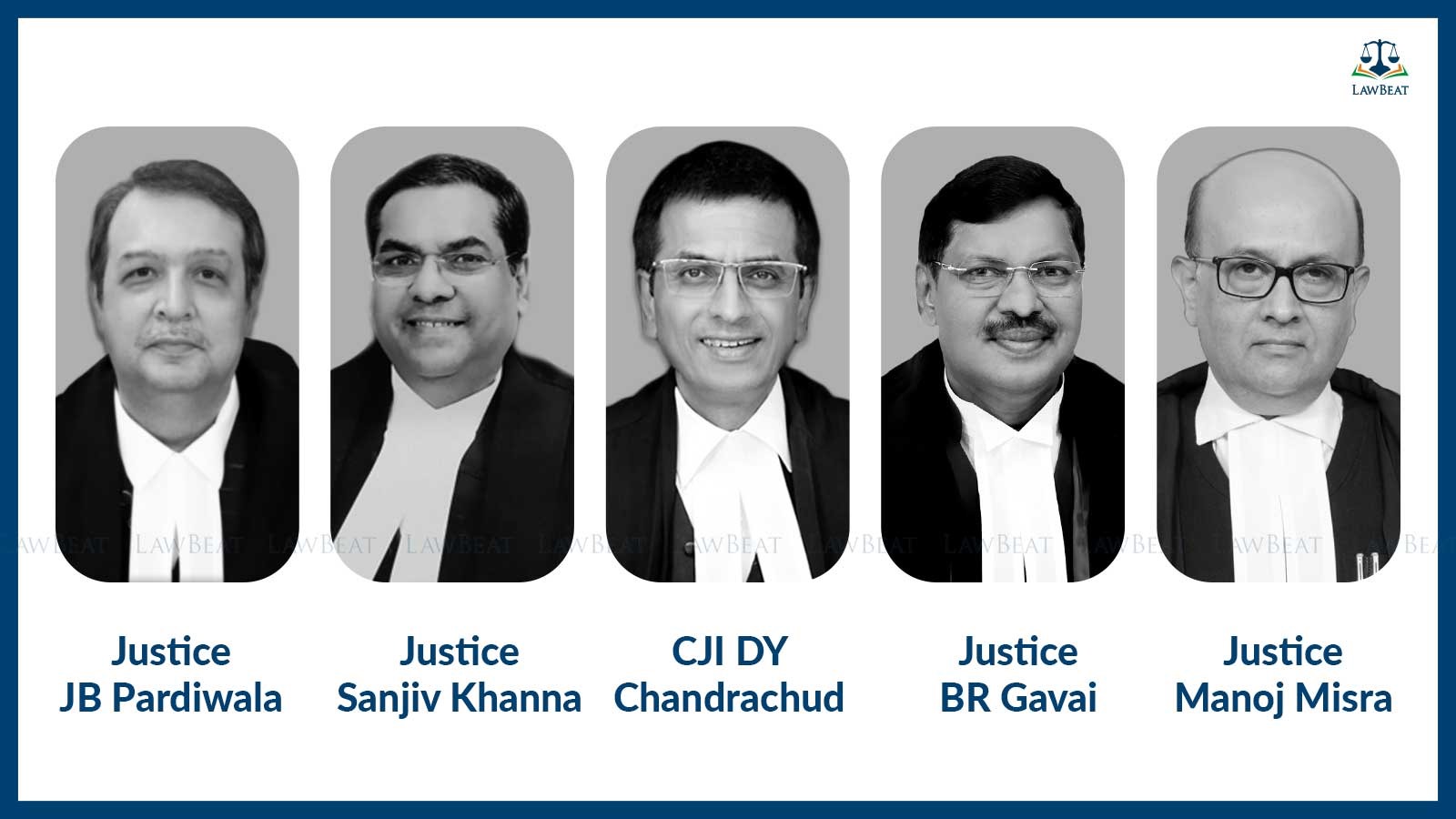Unlimited corporate contribution to political parties antithetical to free and fair elections: Supreme Court

Court has also observed that information on funding of political parties is important for effective democracy as this could lead to a quid pro quo situation where funders are given favors through various means like policy changes etc.
Unlimited contribution by companies to political parties is antithetical to free and fair elections because it allows certain persons/companies to wield their clout and resources to influence policy making, the Supreme Court has held in the landmark electoral bond scheme.
CJI DY Chandrachud led constitution bench has further disagreed with the Union of India's submission that the political party which receives the contribution does not know of identity of the contributor because neither the bond would have their name nor could the bank discloses such details to the political party.
"While it is true that the law prescribes anonymity as a central characteristic of electoral bonds, the de jure anonymity of the contributors does not translate to de facto anonymity. The Scheme is not fool-proof. There are sufficient gaps in the Scheme which enable political parties to know the particulars of the contributions made to them...", the judgment adds.
Noting that political contributions give a “seat at the table” to the contributor, the top court has said an economically affluent person has a higher ability to make financial contributions to political parties, and there is a legitimate possibility that financial contribution to a political party would lead to quid pro quo arrangements because of the close nexus between money and politics.
"Quid pro quo arrangements could be in the form of introducing a policy change, or granting a license to the contributor. The money that is contributed could not only influence electoral outcomes but also policies particularly because contributions are not merely limited to the campaign or pre-campaign period. Financial contributions could be made even after a political party or coalition of parties form Government. The possibility of a quid pro quo arrangement in such situations is even higher. Information about political funding would enable a voter to assess if there is a correlation between policy making and financial contributions...", the top court has observed.
In its verdict today holding the 2018 Electoral Bonds Scheme as unconstitutional, the Supreme Court has also directed Electoral Bonds within the validity period of fifteen days which have not been encashed by the political party yet shall be returned by the political party or the purchaser depending on who is in possession of the bond to the issuing bank.
"The issuing bank, upon the return of the valid bond, shall refund the amount to the purchaser’s account", the judgment adds.
State Bank of India has also been directed to submit details of the Electoral Bonds purchased since the interim order dated 12 April 2019 till date to the ECI within three weeks.
Case Title: Association for Democratic Reforms & Anr. vs. Union of India & Ors.
